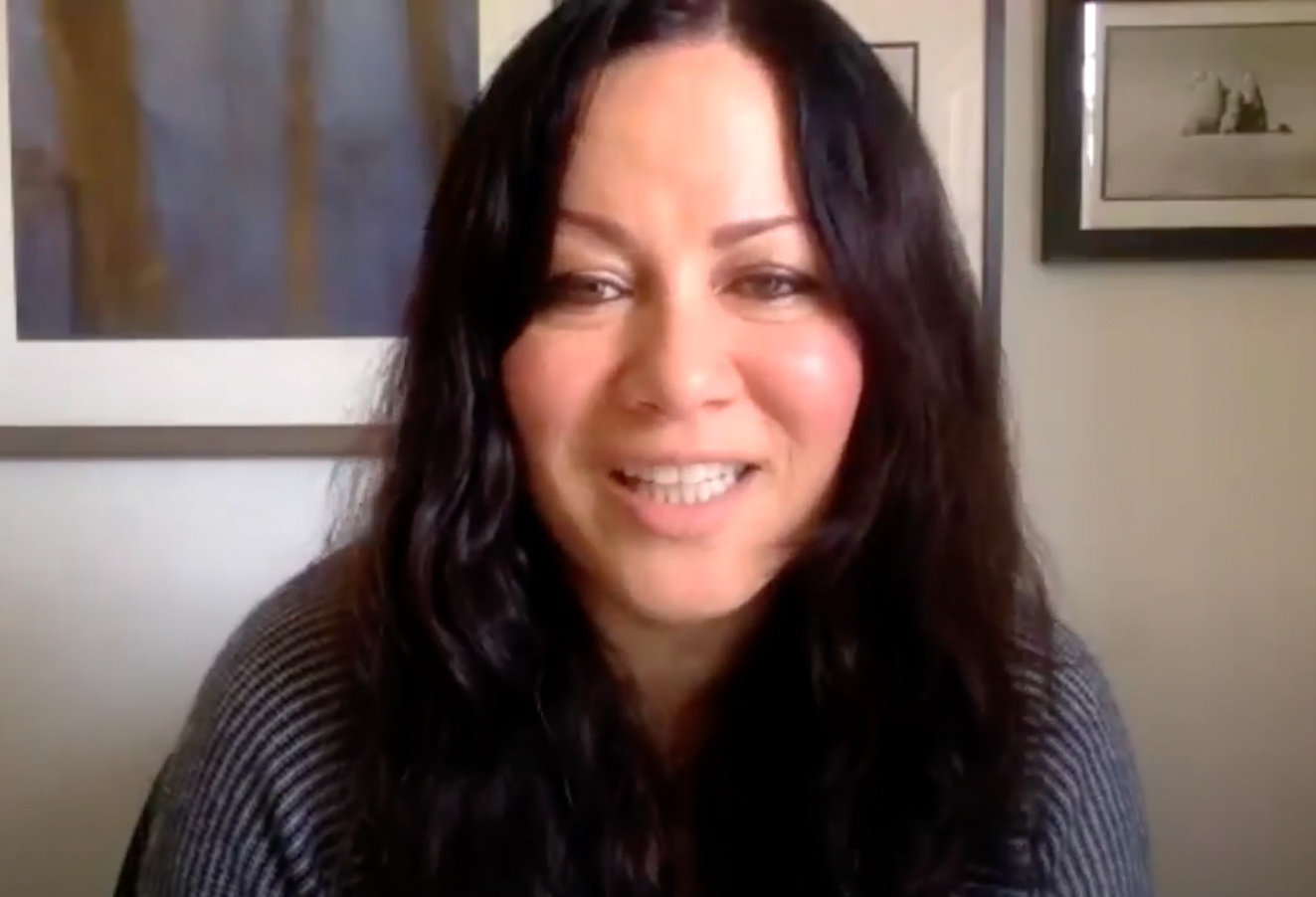It’s been nearly five decades since the world lost Bruce Lee, who would have now been 80 years old. While his legend has only grown larger in his absence, his daughter wants the public to know about the man behind the posters, quotes and T-shirts.
“I really want people to know the totality of him,” Shannon Lee said. “To me, the reason he had such impact in the world is because he worked so diligently on himself. He trained not just his body but his mind.”

Lee, an author, entertainer and entrepreneur who continues to speak about her father’s philosophies and conscientious approach to life, was the latest speaker in OCDE’s “Careers without Borders” series.
Created by Principal Vern Burton and Program Specialist Nathan Goodly, the program gives students in the department’s Alternative Education program — known as ACCESS — a chance to hear about the paths traveled by high-profile figures with inspirational stories. The series launched in November with boxing champion Abner Mares.
Shannon Lee’s appearance was timed to coincide with Asian American and Pacific Islander Heritage Month. On May 4, she spent about 40 minutes on a Zoom call to share some of her father’s experiences — and many of her own — with more than 100 ACCESS students.
“She was really thoughtful, relatable, gracious with her time and open to all of our questions,” said Burton, who oversees Area 3 in ACCESS. “The students and staff found it insightful and rewarding.”
Finding inner-strength
While martial arts have been part of her life since birth, Shannon Lee talked about training after the tragic loss of her father as a way to connect with him and his life’s passion. True to his teachings, she discovered that fighting was less about striking and more about finding inner-strength, particularly when an opponent is bearing down.
“You have to learn how to work through that, to keep your head about you, keep cool, employ your techniques, employ your tools in order to see yourself through that situation,” she said. “And I have to say that is an invaluable skill for life, because life throws blows at you left and right.”
Lee also spoke about charting her own path, including majoring in music at Tulane University in New Orleans. While she didn’t become a music teacher or performer, she said the experience shaped her immeasurably.
“I think the thing that’s nice about college is it has a structure, and there are goals, and there are expectations, and you need to find your way through that and learn how to be responsible for yourself,” she said.
Solidarity among humans
Lee also told students that it’s OK to not know exactly what you want to do with your life when you get to college.
“I think there’s value in just going through the process and just understanding one’s self,” she said.
Addressing the recent rise in anti-Asian hate incidents and attacks, Lee said her father was proud of being Chinese and would be disheartened by reports of racism and xenophobia. He felt that separating people by race or economic class represented an outdated way of thinking, she said, and it’s telling that he embraced all martial arts styles to develop his own hybrid expression, called Jeet Kune Do.
“He really lived his life very strongly toward the idea of wanting there to be solidarity amongst humans,” Shannon Lee said, “and then also true representation of his culture and of everybody’s cultures out in the world.”
ACCESS, short for Alternative, Community and Correctional Education Schools and Services, serves more than 10,000 students a year, including young people who have encountered significant academic and social obstacles, along with students who thrive in non-traditional settings.
